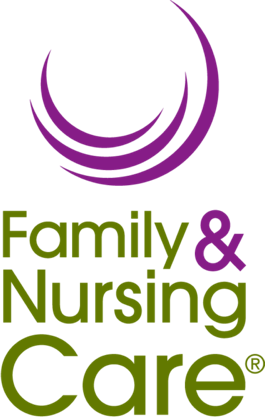For older adults, managing diabetes often comes with added complexity. From mobility limitations to memory challenges to coexisting health concerns, older adults with diabetes may need extra support to stay safe and well. Yet for many, maintaining independence remains a top priority.
Managing Diabetes with Home Care for Aging Adults
That’s where home care can make all the difference. At Family & Nursing Care, we believe that managing a chronic condition like diabetes doesn’t have to mean surrendering your autonomy. With the right support, older adults can remain active participants in their own care — making informed choices, sticking to healthy routines, and living life on their terms. Professional caregivers can provide practical assistance and compassionate encouragement to help make that possible. Here’s how:
- Supporting medication adherence: Many older adults take multiple medications and keeping track of what to take — and when — can be tricky. Missing doses or taking the wrong medication can have serious consequences, especially for those managing diabetes. Caregivers provide medication reminders to help ensure the right medications are taken on time, helping to reduce the risk of complications and giving families peace of mind.
- Encouraging healthy eating habits: Nutrition is a cornerstone of diabetes management, but planning and preparing balanced meals can be physically demanding or mentally taxing. Caregivers can assist with grocery shopping, meal prep, and portion control, involving clients in the process whenever possible. That means older adults can enjoy nutritious meals without losing their sense of independence in the kitchen.
- Fostering physical activity: Staying active is another important part of managing diabetes, and caregivers can help older adults remain safe on the move. Whether it’s taking a walk, following simple exercises at home, or engaging in a favorite physical hobby, caregivers provide both motivation and supervision. This helps clients stay consistent with their activity while minimizing the risk of falling or injury.
- Teaming with families and health providers: Caregivers work in collaboration with families and medical teams, offering consistent updates and helping bridge communication. This coordinated approach ensures care aligns with medical advice and that any changes in condition are quickly recognized and addressed.
Helping Seniors with Diabetes Take Charge of Their Health
Living with diabetes doesn’t mean giving up control. With the right support, older adults can stay informed, active, independent, and empowered to manage their condition and therefore enjoy a higher quality of life.
At Family & Nursing Care, we’re proud to offer specialized support for those living with diabetes that prioritizes safety, dignity, and personal choice. Whether you’re looking for a few hours of help a day or round-the-clock support, our team is here to help you or your loved one thrive.






